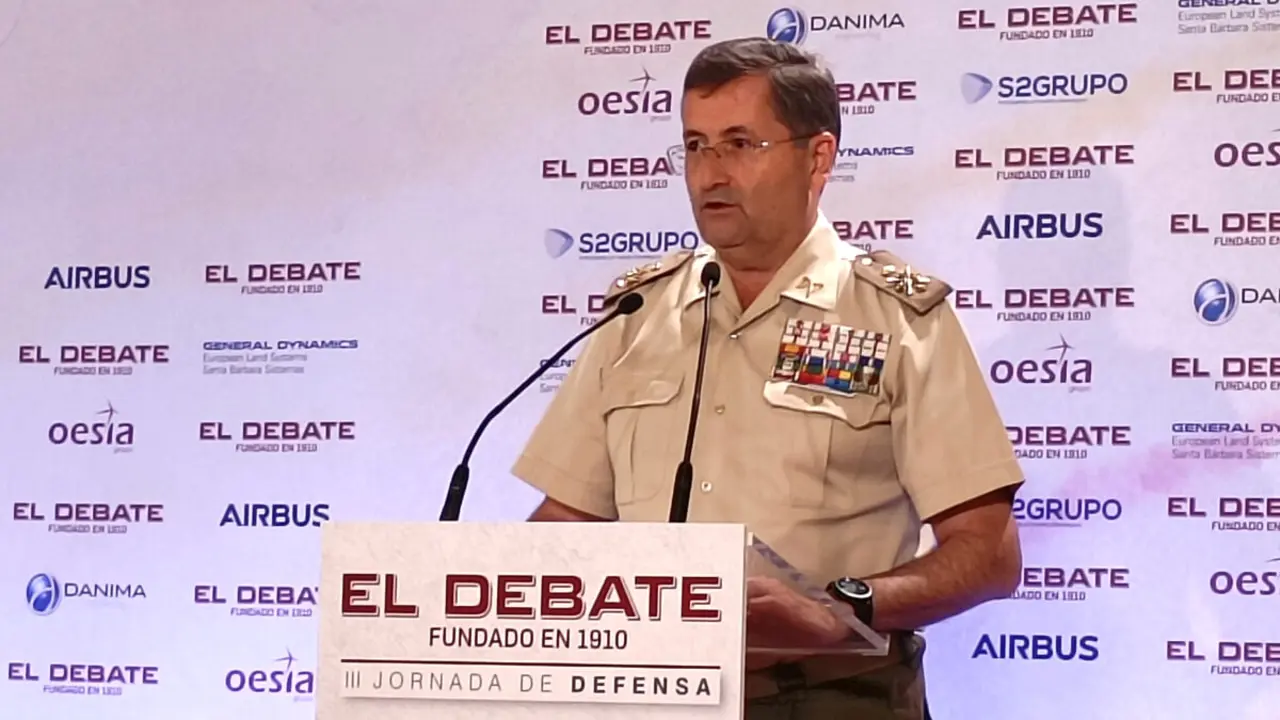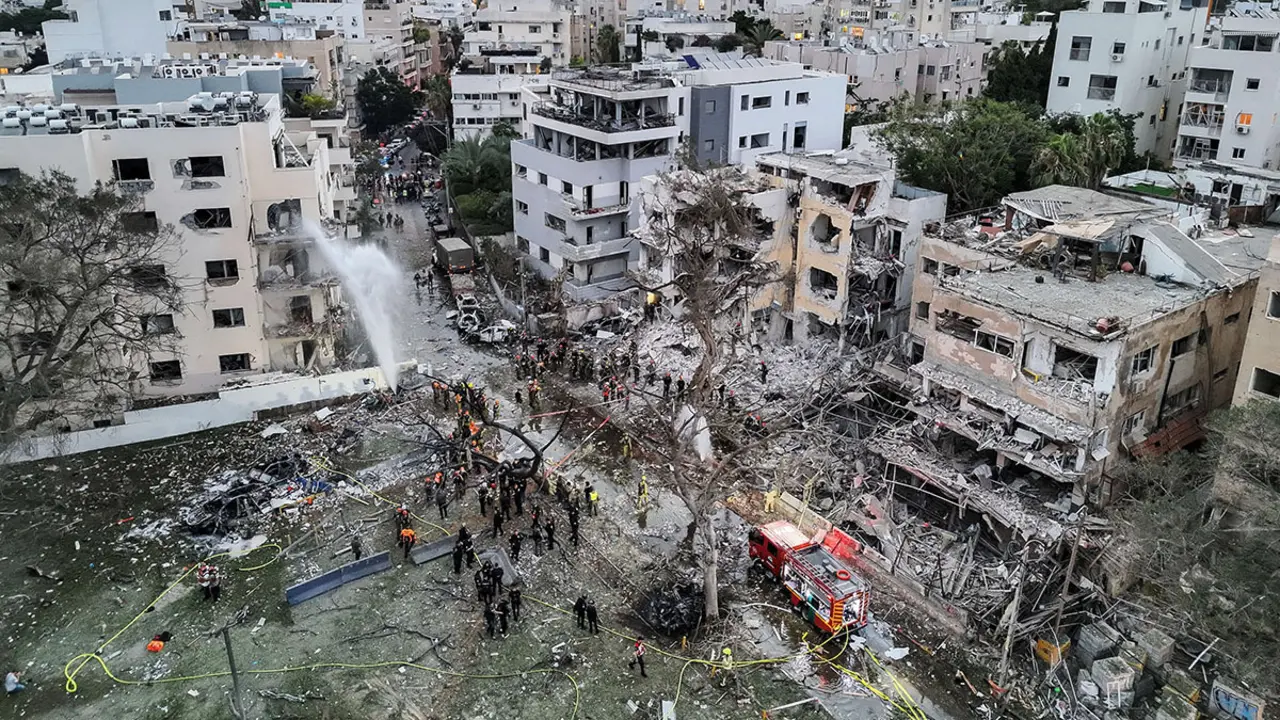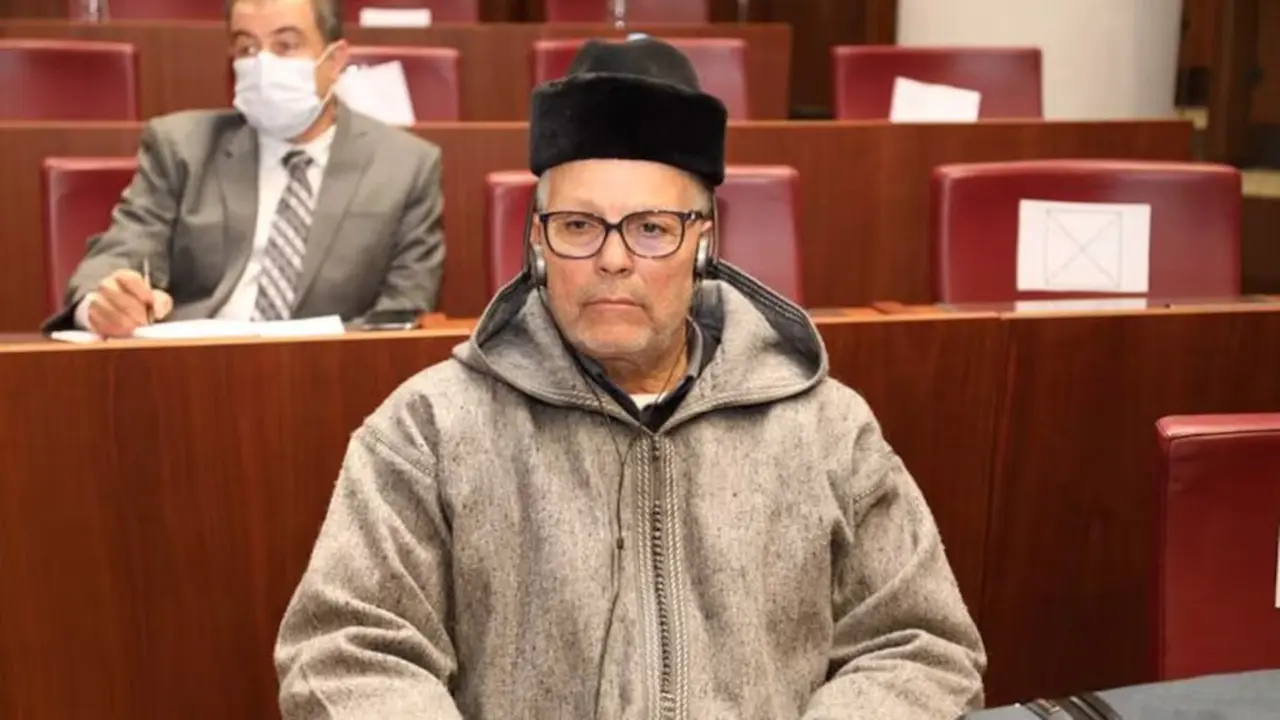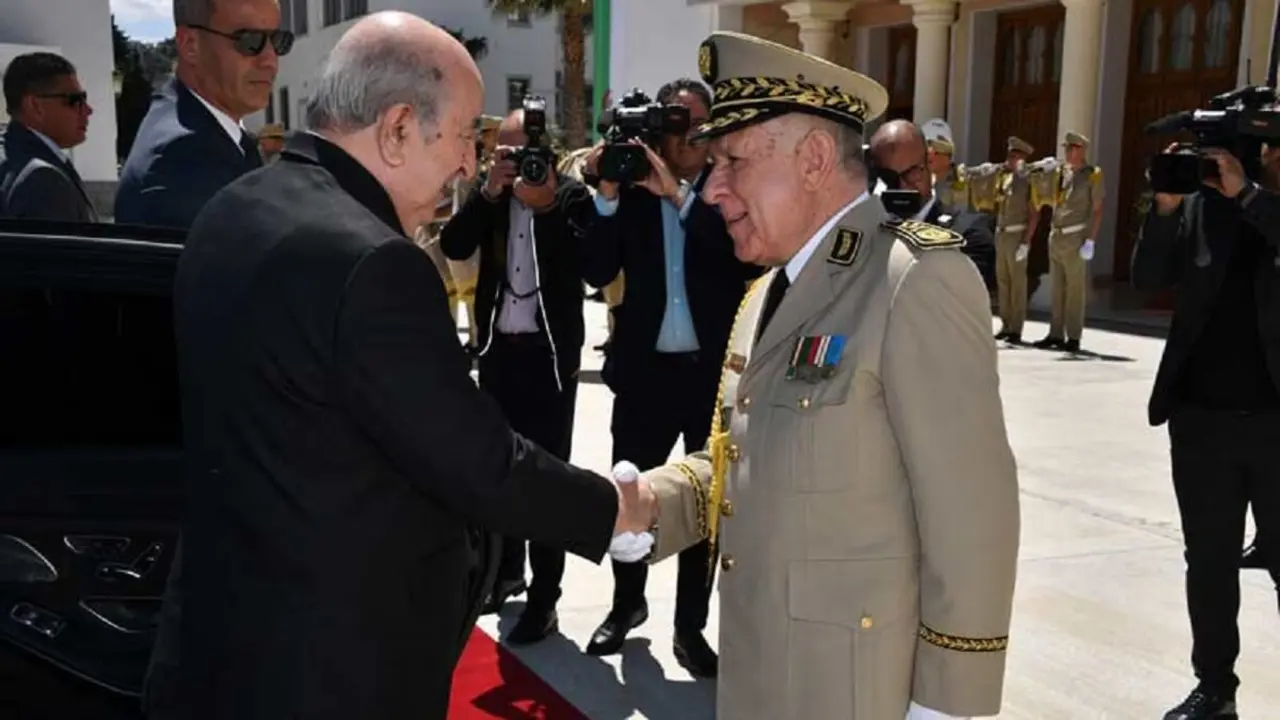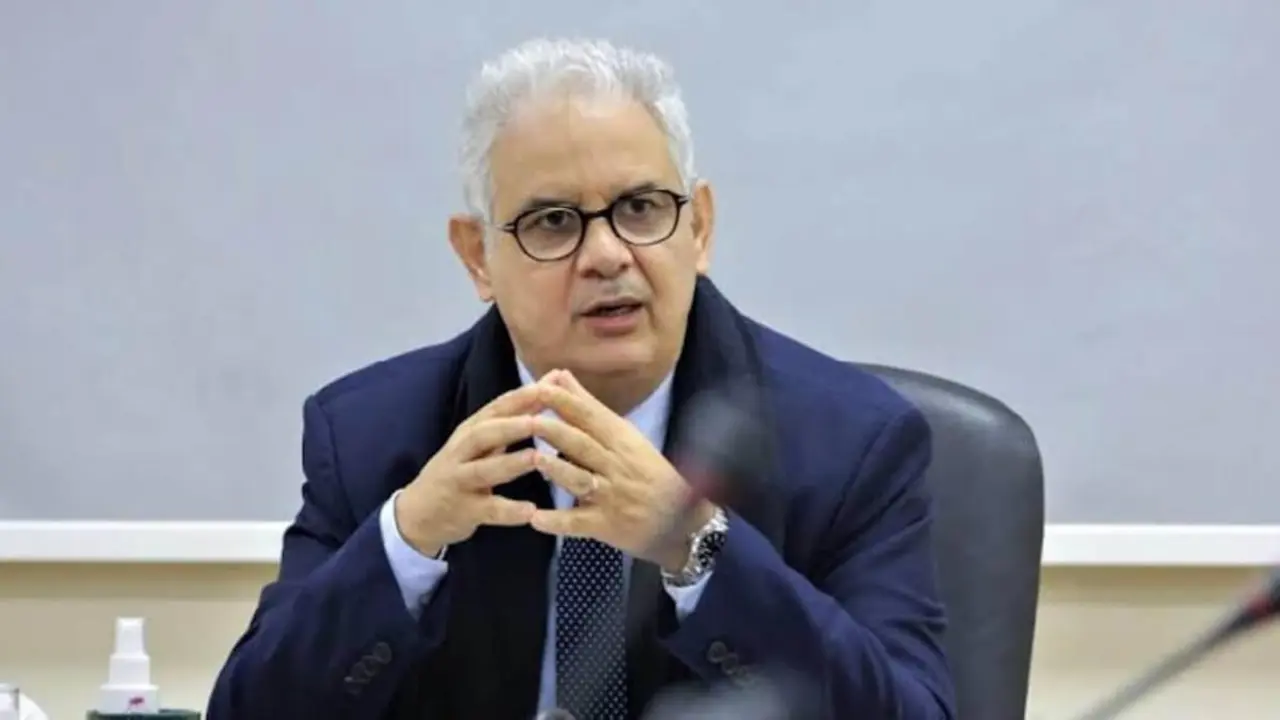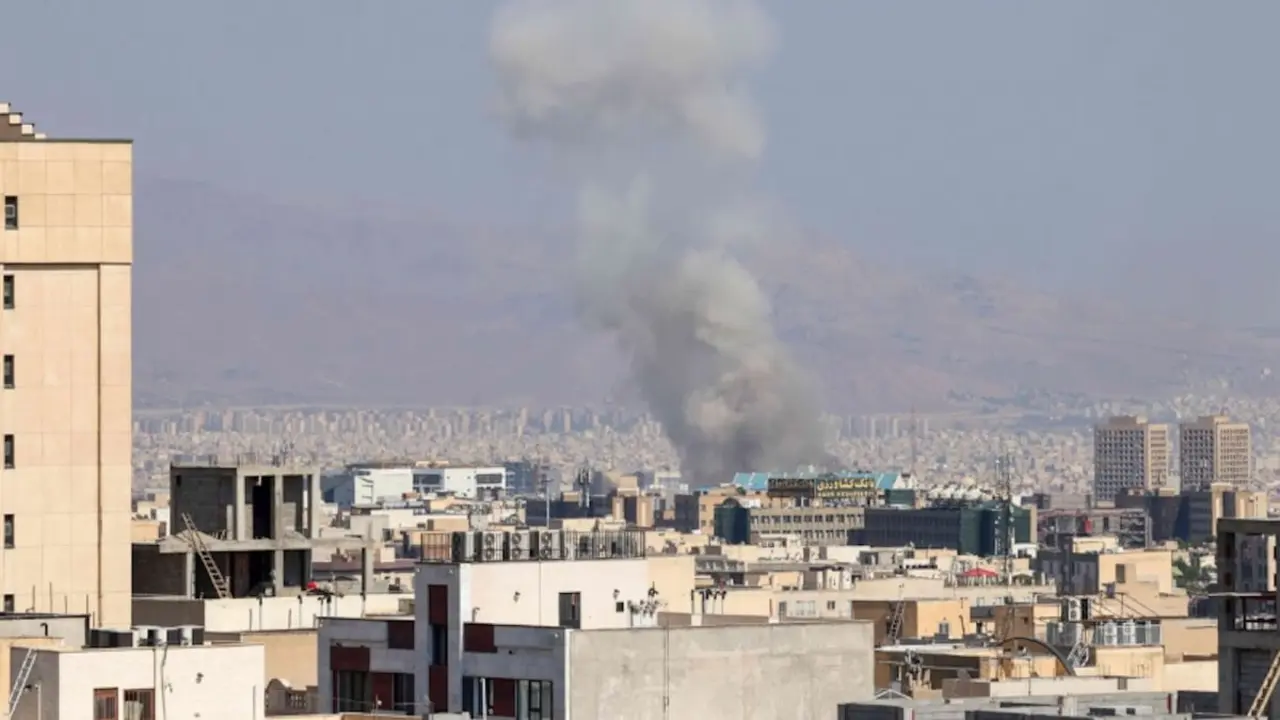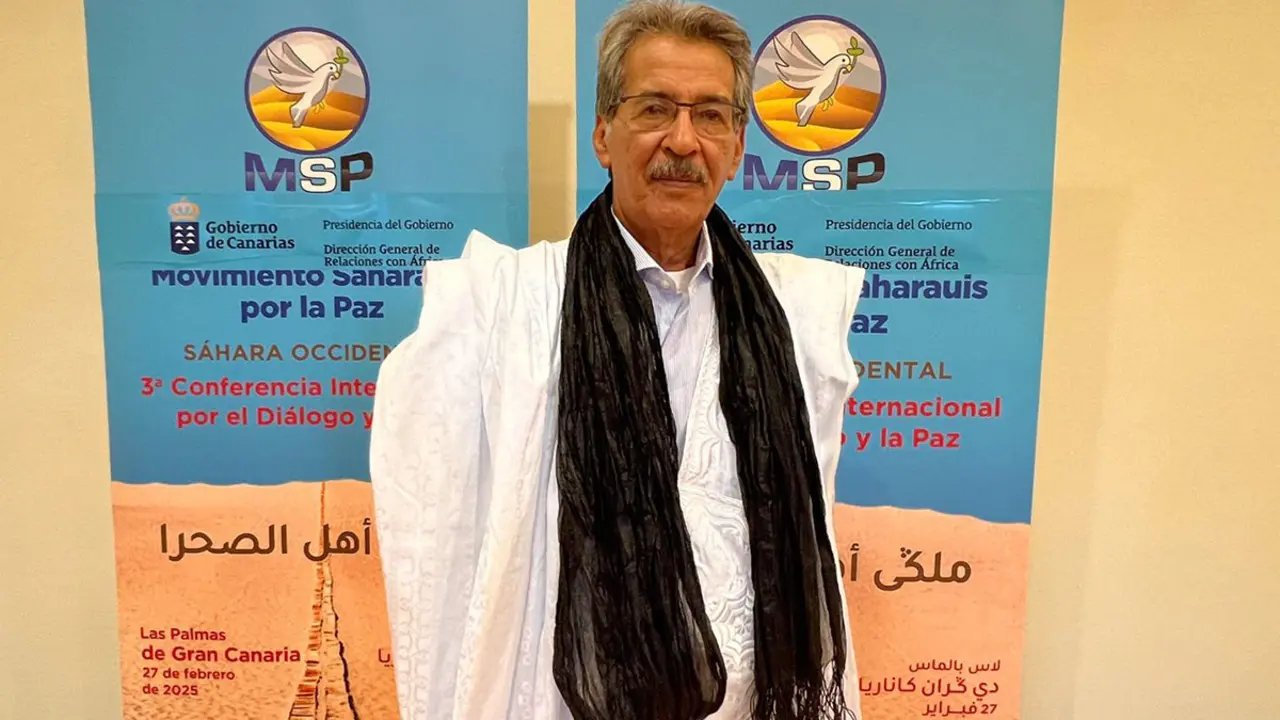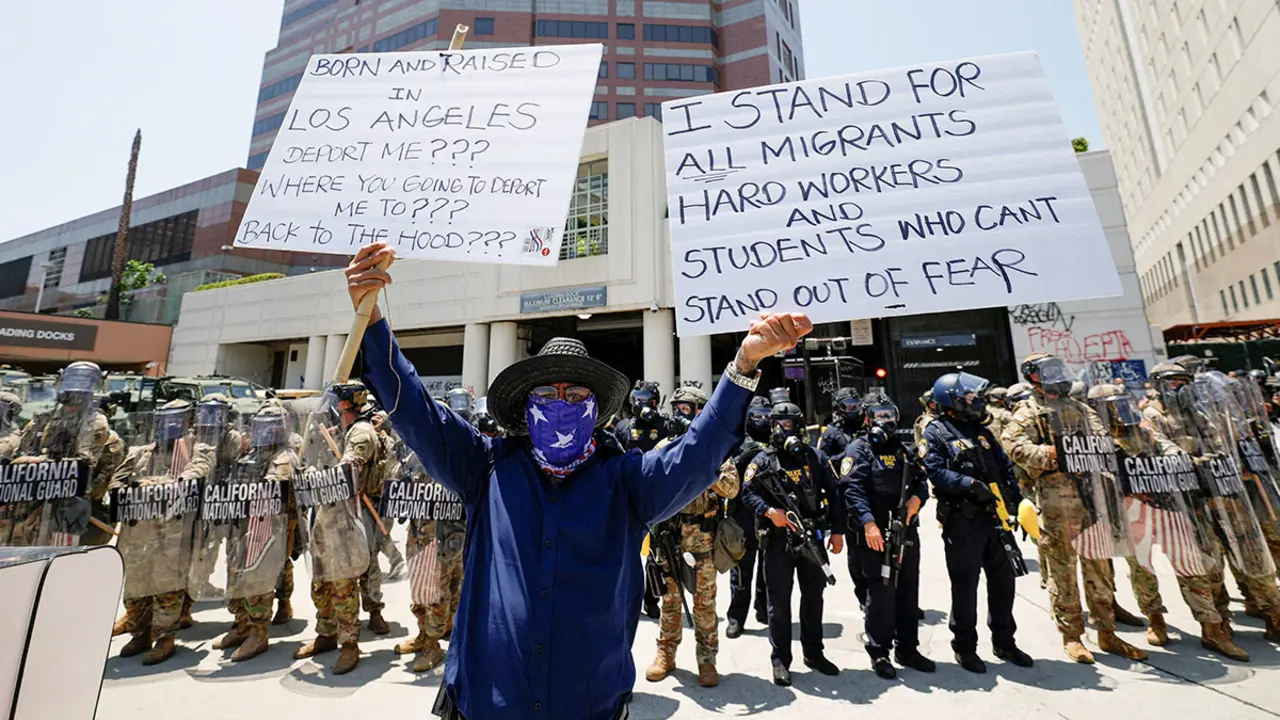Mauritania, a victim of corruption and organized crime

Former Mauritanian President Mohamed Ould Abdel Aziz was questioned on Monday in response to inquiries accusing him of "misappropriation of public property" and of squandering an island for the former emir of Qatar. The former Mauritanian commander is subject to "strong presumptions of misgovernment and misappropriation of public goods," the AFP news agency reported. Abdel Aziz's legal defence team confirmed the arrest at a press conference.
The country's parliament is also investigating the alleged donation of an island by its former president to former Qatari emir Hamad bin Khalifa Al-Thani, the daily Asharq Al-Awsat reported a month ago. This investigation is part of a larger one in which Mohamed Ould Abdel Aziz is accused of several corruption charges. According to these documents, the former leader gave up an island located in a coastal basin in the Atlantic Ocean known to be home to millions of migratory birds, according to information that the Arab News newspaper has had access to.

The Parliament of Mauritania revealed this investigation at the same time as it was preparing a series of amendments that would allow the High Court of Justice to prosecute high-ranking officials. In the midst of this spiral of uncertainty, several of the country's media leaked documents showing a series of talks between the Qatari embassy in Nouakchott and the Qatari Ministry of Foreign Affairs, allegedly about "a beautiful island" in Mauritania.
The last file opened by the committee before submitting its final report concerned the granting by the former president of the country of an island to the former emir of Qatar. Digital reporter Asharq Al Awsat said that in April 2012, Ould Abdel Aziz appointed a presidential adviser, lawyer Ibrahim Ould Daddah, who was instructed to follow up on the various procedures set in motion to hand over the island to the Qatari. Despite the advanced state of the talks between the two parties, they were halted when the former president was shot in October 2012. Even so, some members of parliament consider that this decision, even if it did not take place, is a clear violation of the constitution.
Relations between the two countries deteriorated over time. In June 2017, five years later, the Mauritanian government announced the breaking off of diplomatic relations with Qatar, accusing Doha of "supporting terrorist organizations and propagating extremist ideas". The Mauritanian state news agency, AMI, published a statement in which the country's authorities said that in recent years, Qatar had "worked to spread anarchy and tension in many Arab countries, which has caused great disasters in these countries, in Europe and in the world". That same month, Egypt, Bahrain, Saudi Arabia, the United Arab Emirates, Yemen and Libya made it public that they were cutting off relations with the small Persian Gulf peninsula, also accusing it of "supporting terrorist groups", something that Doha has repeatedly denied outright.
A month after the report drawn up by Parliament was revealed, the police went to the former president's house to question him. The AFP news agency said it was not yet known what time the hearing of Mohamed Ould Abdel Aziz, which took place at the headquarters of the country's Directorate General of National Security (DGSN), ended.
Mohamed Ould Abdel Aziz took power of the country in a coup d'état in 2008 and was elected president the following year. In 2014 he won the elections again with almost 82% of the votes. Most opposition parties attempted to boycott these elections and other parliamentary elections held in 2013, claiming that the process was flawed. Aziz has been a clear ally in the fight against some extremist groups in the Sahara region.
The former president ignored a summons from the parliamentary committee last July, coinciding with the approval by the deputies of a law establishing a High Court of Justice, with jurisdiction to judge the head of state and ministers in cases of "high treason", according to the local press.

The current president, Mohamed Ould Cheikh El Ghazouani, who succeeded him in August 2019, was his chief of staff and defence minister. However, his policy has chosen to sideline Aziz. Not only that, but during his government, a parliamentary commission, charged last January with shedding light on several unresolved questions during his years at the helm of the state, has sent a report to the Mauritanian justice system so that the former commander can be investigated.
Among the cases investigated by this commission," says AFP, "are the management of oil revenues, the sale of state property in Nouakchott, the liquidation of a state-owned company that supplied food and the activities of a Chinese fishing company, Pully Hong Dong. The new head of state has carried out a cabinet reshuffle in recent weeks, firing several ministers to "give them the time they need to prove their innocence," as presidential secretary general Adama Bocar Soko noted.

